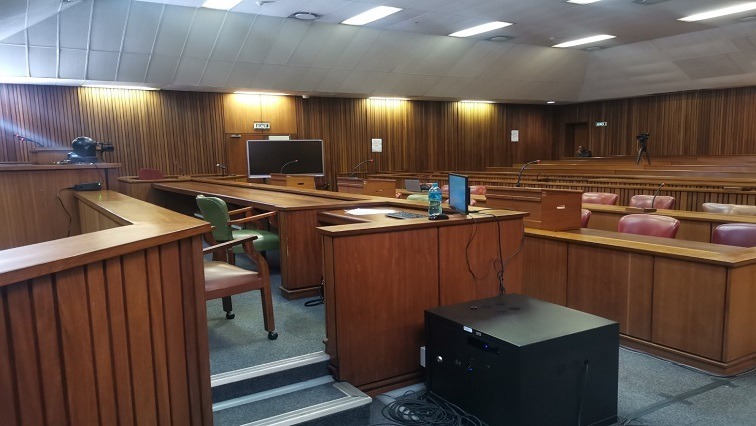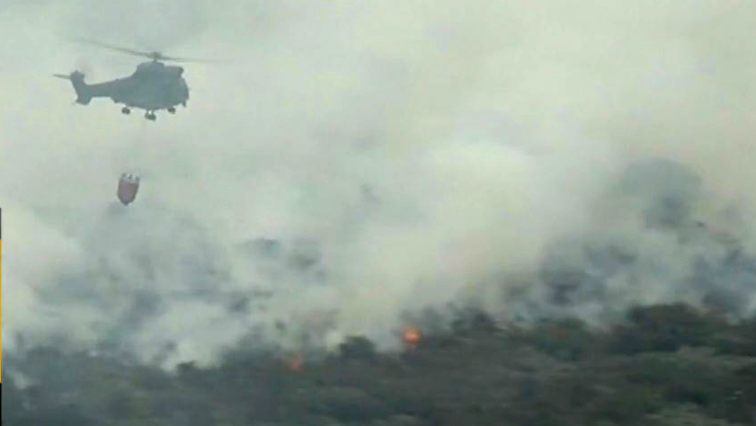It's been a year since the civil war erupted in Sudan, leaving a trail of devastation, particularly for the nation's women and girls. Amidst the chaos, their stories of resilience, courage, and unwavering determination to protect their families and communities shine through.
Kawther's harrowing account, narrated to UN Women, exemplifies the brutal reality faced by countless Sudanese women. As she and her family fled their home in August last year, they encountered a series of checkpoints, where soldiers subjected them to harassment and abuse.
At one checkpoint, a soldier touched Kawther inappropriately while attempting to confiscate her golden waist bracelets. When her 13-year-old son tried to defend her, the soldier held a gun to his head, threatening his life. Kawther recounted the terrifying ordeal, screaming and begging for her son's safety. They were later detained in a military camp for 15 days before finally escaping.
Sudan women renew calls for peace as war rages Women leaders amplify voices against Sudan conflict Sexual exploitationKawther's story is just one of thousands that women in Sudan have endured since the civil war began in April 2022. The conflict has had a devastating impact on women and girls, according to the latest details released by UN Women.
More than 7,000 new mothers could die in the coming months if their nutritional and health needs remain unmet. Over 6.7 million people are at risk of gender-based violence, with reports of intimate partner violence, sexual exploitation, abuse, and human trafficking on the rise.
The economic consequences of the conflict have further marginalised women, stripping them of livelihood opportunities and pushing many toward extreme measures and the risk of sexual exploitation as they struggle to support their families. Sudan is currently among the largest internal displacement crises in the world, with 53 percent of those displaced being women and girls.
Despite these harrowing circumstances, Sudanese women have emerged as first responders, pivotal to the survival and resilience of their communities. UN Women lauds the courage and bravery of Sudanese women and women's rights organizations, who continue to advocate for peace and a return to democratic governance at various forums.
Gender dimensionsThe UN agency is calling for immediate steps to ensure the protection of women and girls, support their economic empowerment, and include them in peace negotiations and decision-making processes. It is also urging international partners and donors to invest in local, women-led organizations and prioritize resources to address the gender dimensions of this crisis.
'UN Women stands with the people of Sudan during this difficult time and calls for the immediate halting of the fighting and a return to dialogue,' the agency states.
Since the civil war broke out, more than 7.3 million people have fled their homes, with women and children representing more than half of those displaced.
The Sudanese women under the Peace for Sudan platform have been appealing for urgent assistance, including food, water, and sexual and reproductive health commodities, to cushion women, girls, and children from hunger and health crises.
Reports indicate that women and children in IDP camps have been staring at starvation, a situation that could turn disastrous if not prevented. Through a partnership with UN Women, the Women and Children Development Association has supplied displaced women and children with hygiene kits, water, household items, and other forms of humanitarian aid, providing much-needed relief.
More than 49 women-led peace initiatives, humanitarian initiatives, and civil society organisations have been doing the humanitarian work of the Peace for Sudan Platform. Supported by the UN Women Sudan office, the platform includes representatives from across the country's different regions, facilitating communication and catalysing collective women-led advocacy efforts.
The platform is offering support to affected families, providing shelter to the displaced, facilitating the evacuation of those trapped in Khartoum, and providing medical services. The women are also collecting information about the conditions of women in conflict and displacement areas and submitting reports to assist them.
Organisations like the Mothers of Sudan initiative are mobilising citizens to oppose the war, exert pressure on individuals and military leaders, and contribute to resilience strategies within the current crisis. Initially emerg









